Sport & Emotion.
It's impossible to picture sport without emotion. Every shift in a play results in a shift in feeling. The high of a goal, the low of a loss, cheers from the crowd, the frustration over a call. It could be argued that we engage in sport BECAUSE of the emotion it evokes. Would we still flock to athletics if it was a flat, emotionless back and forth of point-getting? Likely not.
It stands to reason that we ought to examine the impact of emotion on sport. The topic of emotional intelligence and performance is not new; elite and competitive-level athletes have been able to tap into resources that reinforce development of their emotional quotient. An entire field of sport psychology and mental performance consultants has sprung forward out of the understanding that emotion can either hurt or help you in the heat of competition.
But what of the impact of emotional intelligence on mental well-being overall? Have we been too limited in the way we look at emotions strictly in the context of performance?
HONE would argue that we are in fact not putting enough emphasis on the need for emotional intelligence in a broader sense.
The in-game vs. in-life mental awareness.
To date, the bulk of the focus for athletes is in “mental toughness” or resilience. When you’re in an intense moment during a game, there are specific emotional skills required. We like to refer to resilience; the quick response of “bouncing back” so that the emotion doesn’t derail your efforts. Aka: “Shake it off.”
However, what if the underlying emotion is more broad and pervasive? A constant sense that they are not meeting expectations, or their fatigue feels chronic, or there’s a team dynamic that is simmering below the surface and creating unrest? Teaching resilience in the face of these ongoing emotional challenges can do more harm than good. If we teach that emotion is to be processed quickly and we must “shake it off,” we may miss important cues about the team culture or a deeper issue that needs to be addressed.
It would benefit our athletes to be able to distinguish between the acute moments where resilience may be the best tool for the job and the “indicator emotions” that creep up to alert us that something more pervasive is at play in their life.
How do we begin to address emotional intelligence on a more broad basis?
The first step is to help athletes recognize that there are different tools for different needs. Just like we train them to use different physical skills for different plays, we can also train them to detect the difference between the acute stress and pressure of a game and the chronic stress that can emerge from life and the unique pressures of being an athlete.
Once they are able to make the distinction between the emotion of the game and the emotion that comes from life, you’ve got a great start. We don’t want them to “shake off” unprocessed emotions and suppress issues that could be quickly and effectively handled if verbalized.
How do I get them to verbalize their emotions so they don’t get suppressed?
First, you have to make sure they feel like they are on a team where they will be heard. Speak regularly on the topic of stress. Acknowledge that they have lives outside of sport. Make the topic within reach so they understand it’s on the table for discussion. You want a “culture for open communication.”
What if they don’t speak up?
Some people may not verbalize what they are experiencing, whether it is a hesitance to share or it’s because it is just a subtle feeling they are experiencing that they haven’t put into words for themselves yet. How can you capture that which is unspoken?
First, continue to speak about well-being. Show that you are committed to the topic by discussing it openly and regularly. Reward athletes who demonstrate behaviours that are supportive of the culture you are trying to create. When they feel safe to come forward, they will.
Second, check in. Whether through formal means like our HONE Athletics platform that takes a weekly pulse on the team well-being, or through an informal means of making regular time to ask.
Because there’s a lot of information in the unspoken, there’s HONE.
This is precisely why we exist today as a company. We want you to be able to tap into the team in a way that feels unobtrusive but supportive. It can be powerful to give them the voice via an anonymous app to share how they are really feeling. Following the scores, you also receive expert guidance on what to do about it. If you are interested in seeing a demo of the platform or have questions you’d like answered, reach out to us at info@honeathletics.com.
____________________________
We are offering a free download resource for coaches: "Your Mental Health Development Checklist."
AND


.png?width=100&name=HA_Arrow(2).png)